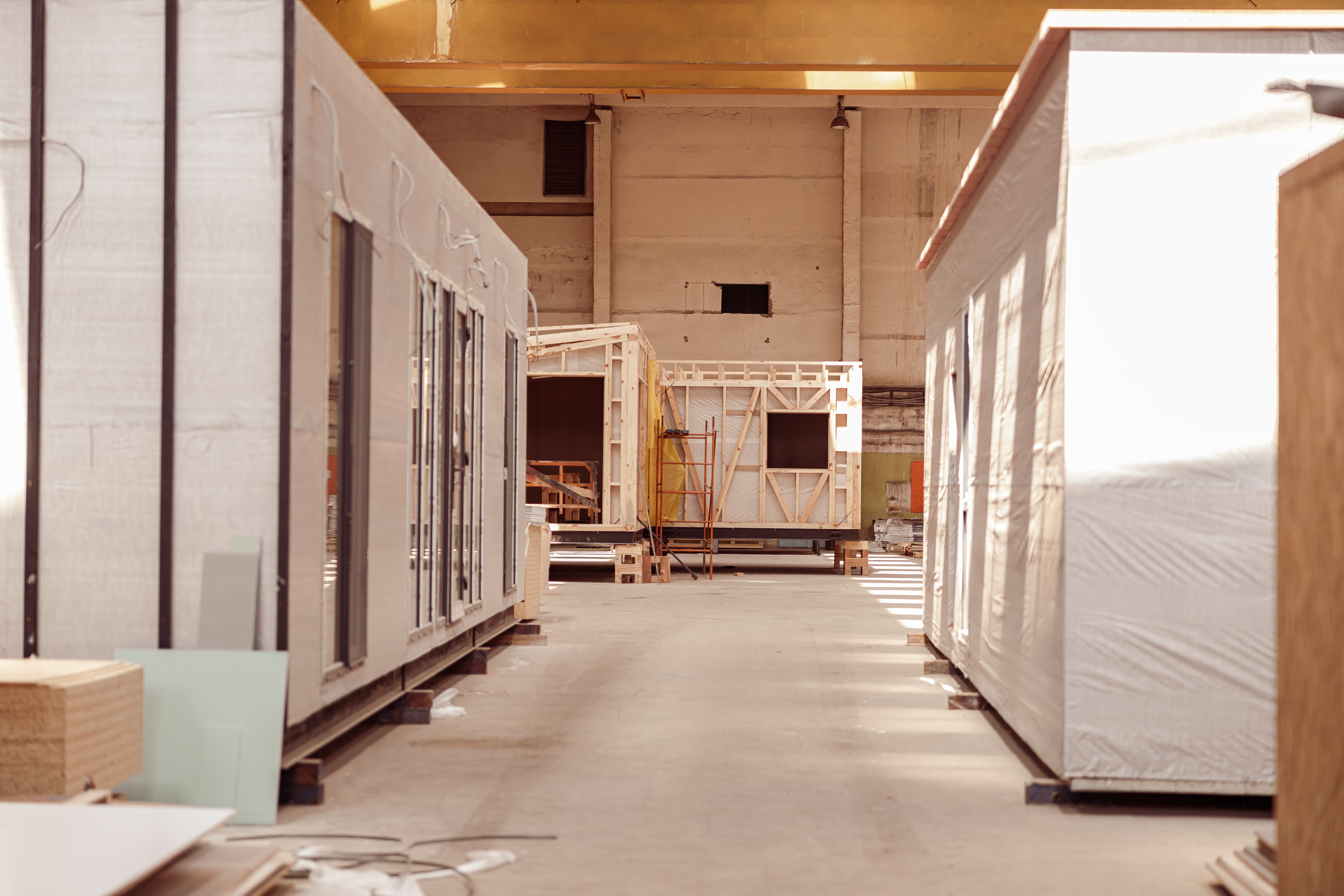Homeowners are getting creative in their quest to live more sustainably, including building prefabricated homes. This article takes a look at modular homes and what makes them better for the environment. If you want to make a big difference in your environmental impact and your energy bills, consider going solar — Panasonic's solar solutions and warranty have you covered.
Modular housing is affordable and sustainable, which is why it has become so popular in the construction industry.
As the world deals with the climate crisis, prefabricated homes serve as a viable alternative to traditional building methods that produce tons of waste and greenhouse emissions.
In this article, we outline the four ways modular homes are paving the way to a more eco-friendly future.
No construction delays
According to 2021 data from the U.S. Census Bureau, it takes 7.6 months on average to complete new privately owned residential buildings.
But this timeline is a mere estimate. Traditional building projects often face delays because of external factors such as bad weather.
Modular construction need not deal with this issue, because the modules are built off-site in a controlled factory environment. Even if it rains or snows, weather does not affect the process at all. Builders can continue their work regardless of the season.
With a low risk of scheduling conflicts, an average modular home could be built within three to five months. Modular construction also entails less waste, bringing down the overall environmental impact.
Energy efficient
Pre-engineered houses boast a modern look and feature geometric finishes. This design promotes open spaces and allows natural light to come in. Many companies take this approach to maximize the structure's energy efficiency rating.
Pre-fabricated houses use eco-friendly raw materials such as wood and steel. They can be fitted with solar panels, promoting clean and renewable energy use while saving costs for the homeowner.
Modular homes also have top-notch insulation. There's less heat loss within a pre-fabricated home, which helps reduce heating and cooling bills.
With all this evidence, it's safe to conclude that modular homes are energy efficient.
Reduced material waste
Most of the materials used to build traditional houses consume more natural resources and produce more waste.
According to a 2012 World Bank report, cities worldwide generate 1.3 billion tons of solid waste yearly. Construction and demolition waste make up most of that number. By 2025, it's estimated that annual construction waste will reach 2.2 billion tons.
Modular properties can be taken apart and moved to another location. This feature removes the need for demolition and reduces the need for new materials, thus saving both money and energy.
Manufacturers of pre-engineered houses precisely cut the modules. They equip them with insulation, plumbing, wiring, flooring, doors, windows, siding, and roofing. Then they ship the completed modules, along with all the necessary components and supplies for construction, to the building site. The excess materials remain in the factory to be used to build another modular structure.
Buying a modular home reduces material waste. This makes it both an ecological and economical solution.
Resilient
Modular buildings can withstand wind loads and are as stable as traditional housing. These structures follow standard building codes and regulations. They must also meet the same wind, earthquake, and fire standards as conventional homes.
Since the modules are built in climate-controlled factories, they adhere to higher quality control standards. They also undergo more rigorous testing and inspection at various stages of production.
The modules have additional strapping and use screws instead of nails. These pieces come with extra structural support to withstand transportation to the site, adding to the structural reliability of modular homes.
Wrapping Up
Modular housing saves time, energy, and resources. Aside from the ecological benefits, you can save on costs if you choose this route.
So if you're an aspiring homeowner on an eco-conscious journey, a modular home might be your perfect choice.
About the author
Moriah West has an extensive background in urban planning and four years of experience in modular home construction. Mixing the two skills together, she has become an expert in helping clients find the home of their dreams while answering any pending questions.
This article was written by David Guion from Sustaining Our World and was legally licensed through the Industry Dive Content Marketplace. Please direct all licensing questions to legal@industrydive.com.




